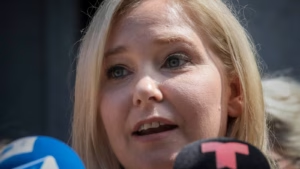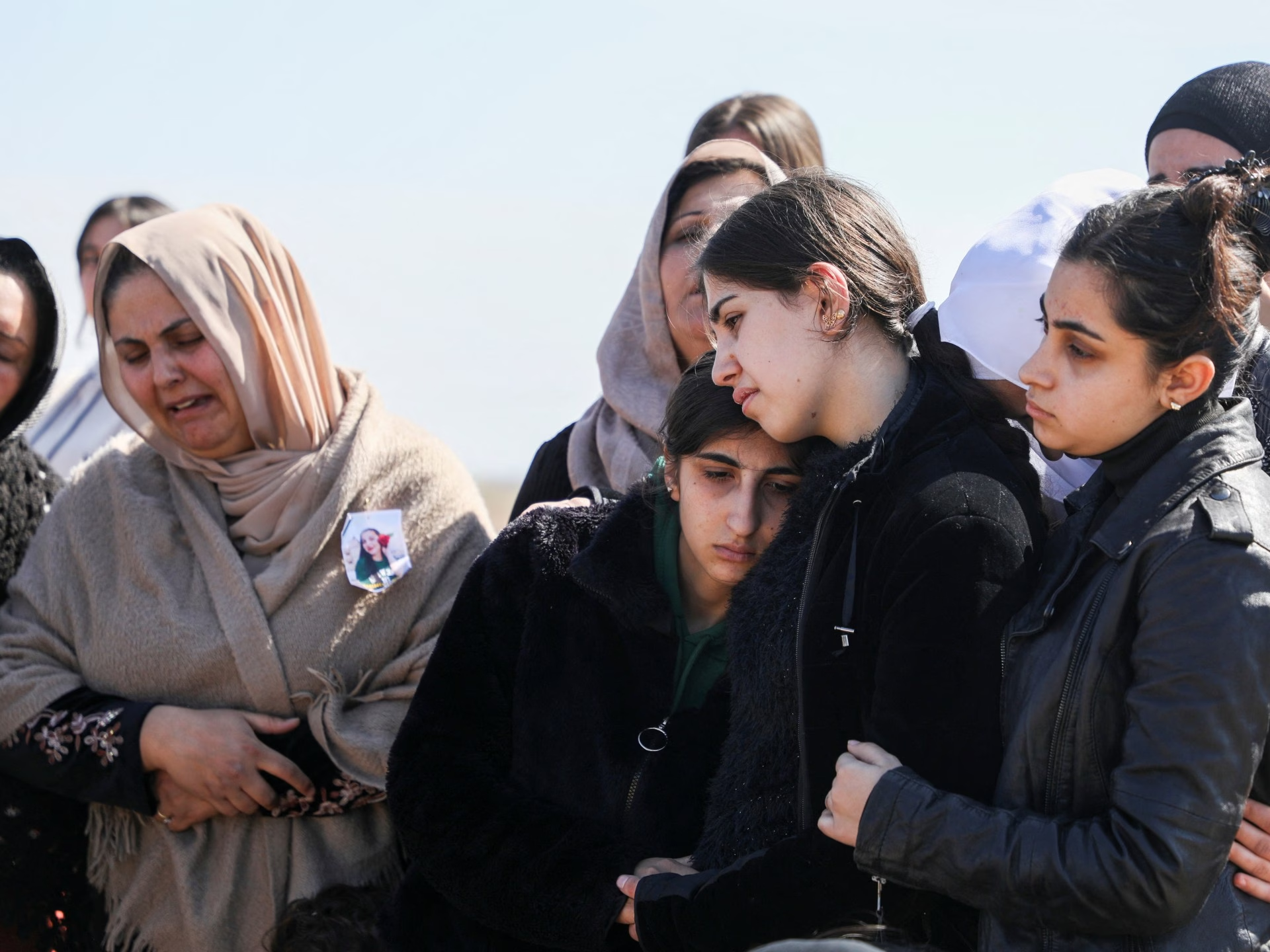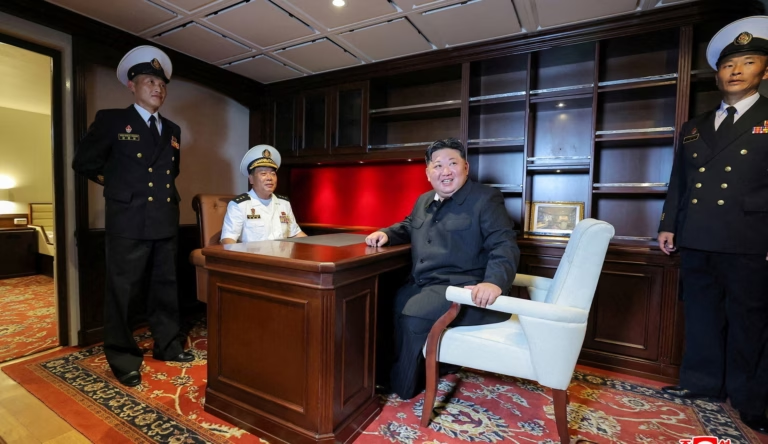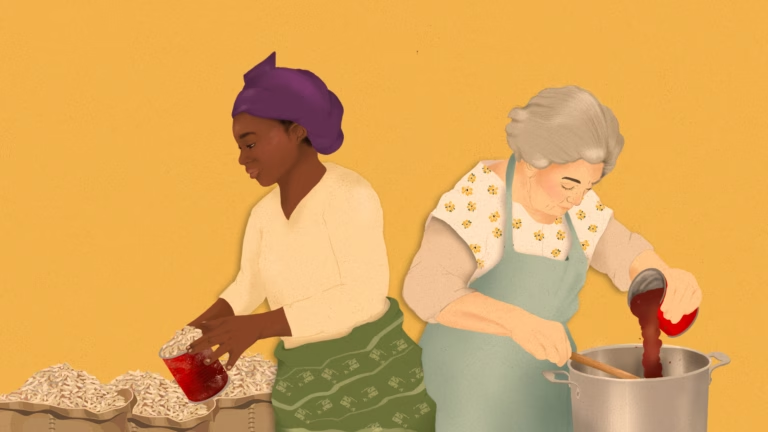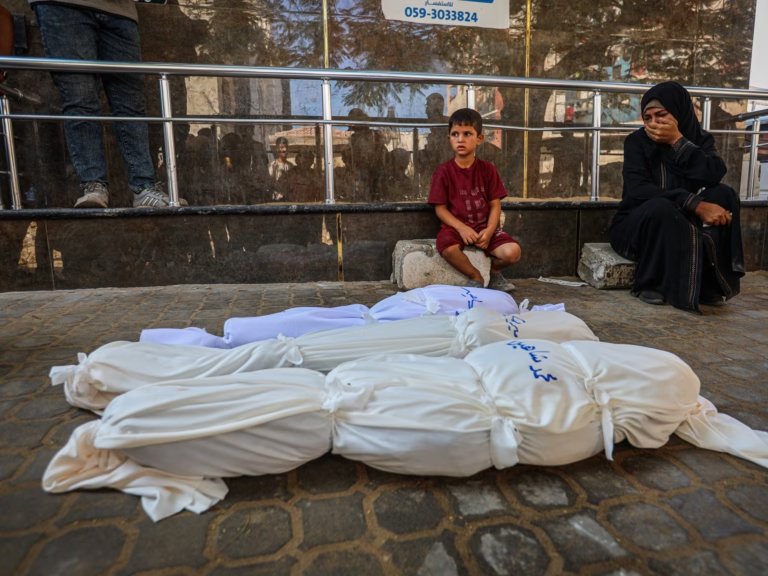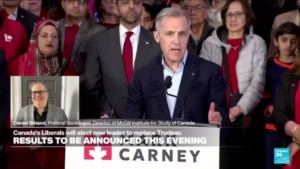Interim President Ahmed al-Sharaa of Syria has commenced an investigation following the violent clashes between security forces and loyalists of former President Bashar al-Assad, which have resulted in the deaths of hundreds of people in the coastal regions of Latakia and Tartous.
Al-Sharaa, in a national address, announced the establishment of a fact-finding committee and a superior committee to handle the events along the coast.
The president accused “remnants of the former regime” of attempting to draw the nation into civil conflict and declared that anyone involved in acts of violence against civilians will be held accountable.
The Syrian presidency previously declared the creation of an “independent committee” tasked with investigating violations against civilians, identifying those responsible, and prosecuting them through the court system.

“The Committee has the right to use whoever it deems appropriate to perform its duties and submit its report within a maximum period of thirty days,” stated the presidency.
Clashes were reported in the coastal town of Qardaha, which holds symbolic importance as the birthplace of the al-Assad regime, and in Baniyas, home to Syria’s largest oil refinery.
The violence followed calls for peace from al-Sharaa and has led to significant casualties, with the majority being civilians.
Figures and videos of the execution of civilians have circulated, though Al Jazeera has not been able to verify the numbers independently.
President al-Sharaa urged national unity and declared that no one is exempt from the law.
Volker Turk, the UN rights chief, demanded prompt investigations into the killings and emphasised the importance of accountability for those responsible.
According to Syrian opposition politician Labib al-Nahhas, this is a significant setback for post-Assad Syria, blaming Iran and Hezbollah for orchestrating the violence.
A regional conference hosted by Jordan addressed security, reconstruction, and refugee issues, with representatives from Turkiye, Syria, Iraq, and Lebanon in attendance.
Stability in Syria, if achieved, could lead to the voluntary return of refugees and assist neighboring countries in managing security-related issues.
Al-Sharaa, in a national address, announced the establishment of a fact-finding committee and a superior committee to handle the events along the coast.
The president accused “remnants of the former regime” of attempting to draw the nation into civil conflict and declared that anyone involved in acts of violence against civilians will be held accountable.
The Syrian presidency previously declared the creation of an “independent committee” tasked with investigating violations against civilians, identifying those responsible, and prosecuting them through the court system.

“The Committee has the right to use whoever it deems appropriate to perform its duties and submit its report within a maximum period of thirty days,” stated the presidency.
Clashes were reported in the coastal town of Qardaha, which holds symbolic importance as the birthplace of the al-Assad regime, and in Baniyas, home to Syria’s largest oil refinery.
The violence followed calls for peace from al-Sharaa and has led to significant casualties, with the majority being civilians.
Figures and videos of the execution of civilians have circulated, though Al Jazeera has not been able to verify the numbers independently.
President al-Sharaa urged national unity and declared that no one is exempt from the law.
Volker Turk, the UN rights chief, demanded prompt investigations into the killings and emphasised the importance of accountability for those responsible.
According to Syrian opposition politician Labib al-Nahhas, this is a significant setback for post-Assad Syria, blaming Iran and Hezbollah for orchestrating the violence.
A regional conference hosted by Jordan addressed security, reconstruction, and refugee issues, with representatives from Turkiye, Syria, Iraq, and Lebanon in attendance.
Stability in Syria, if achieved, could lead to the voluntary return of refugees and assist neighboring countries in managing security-related issues.
